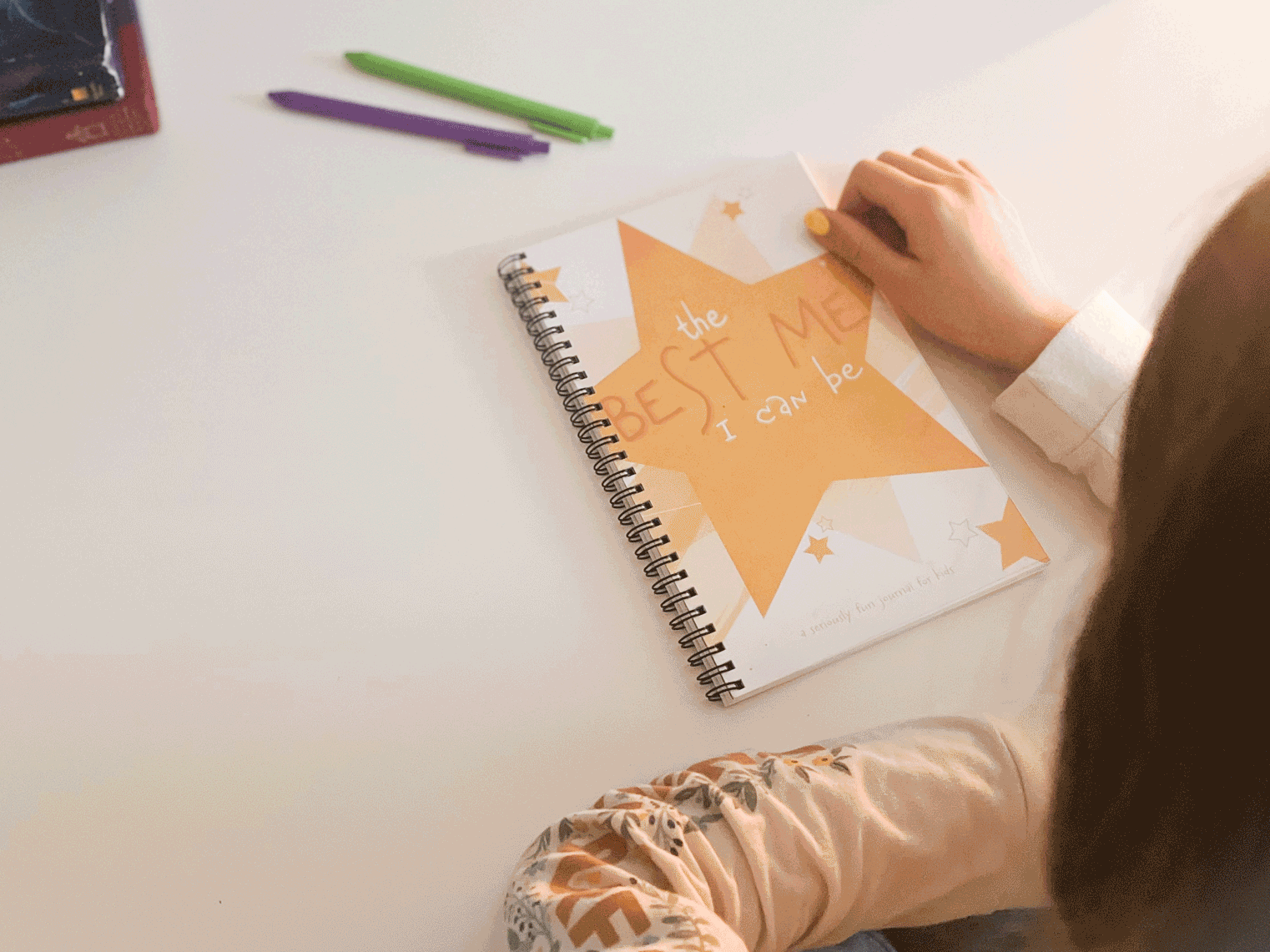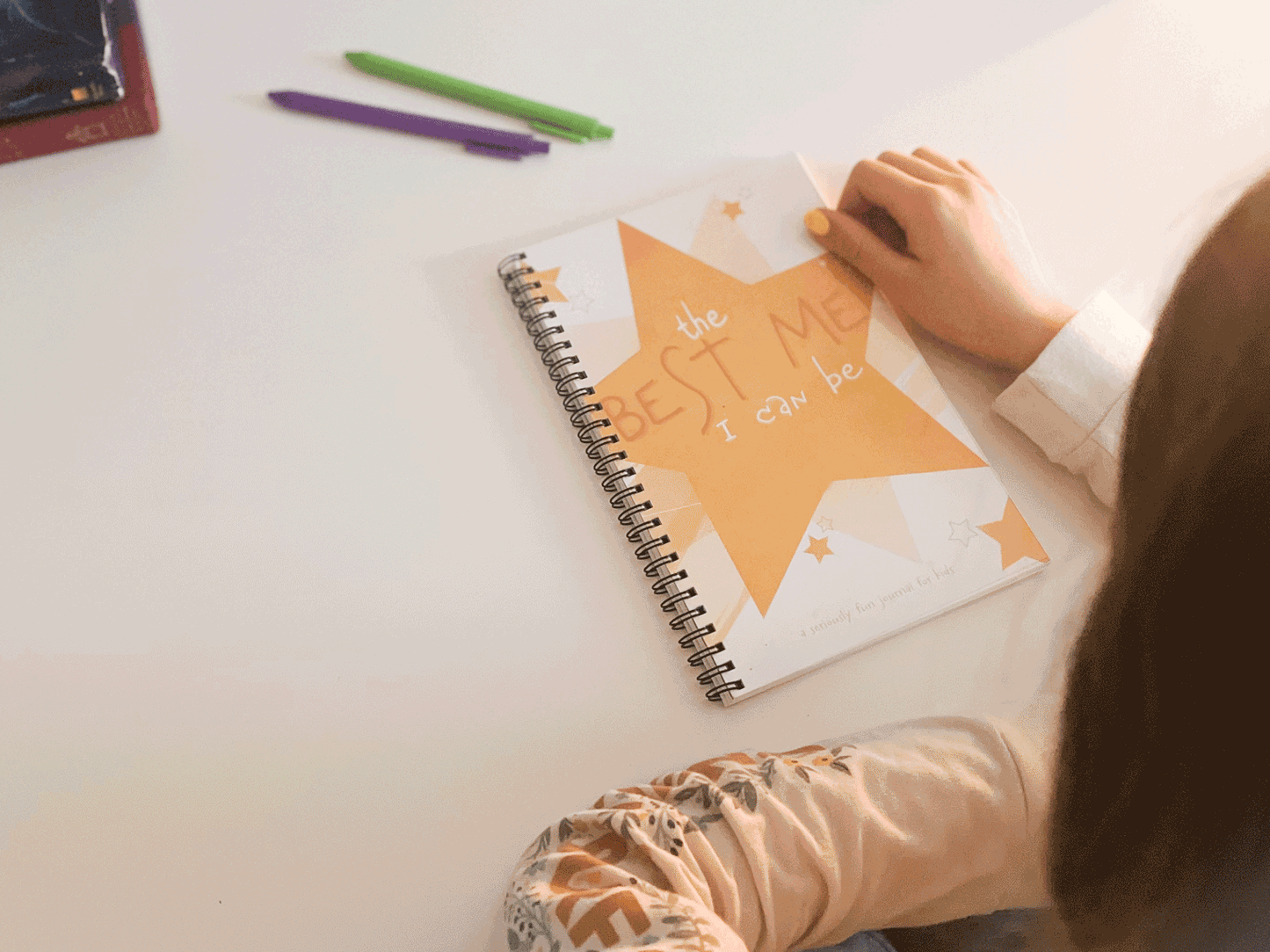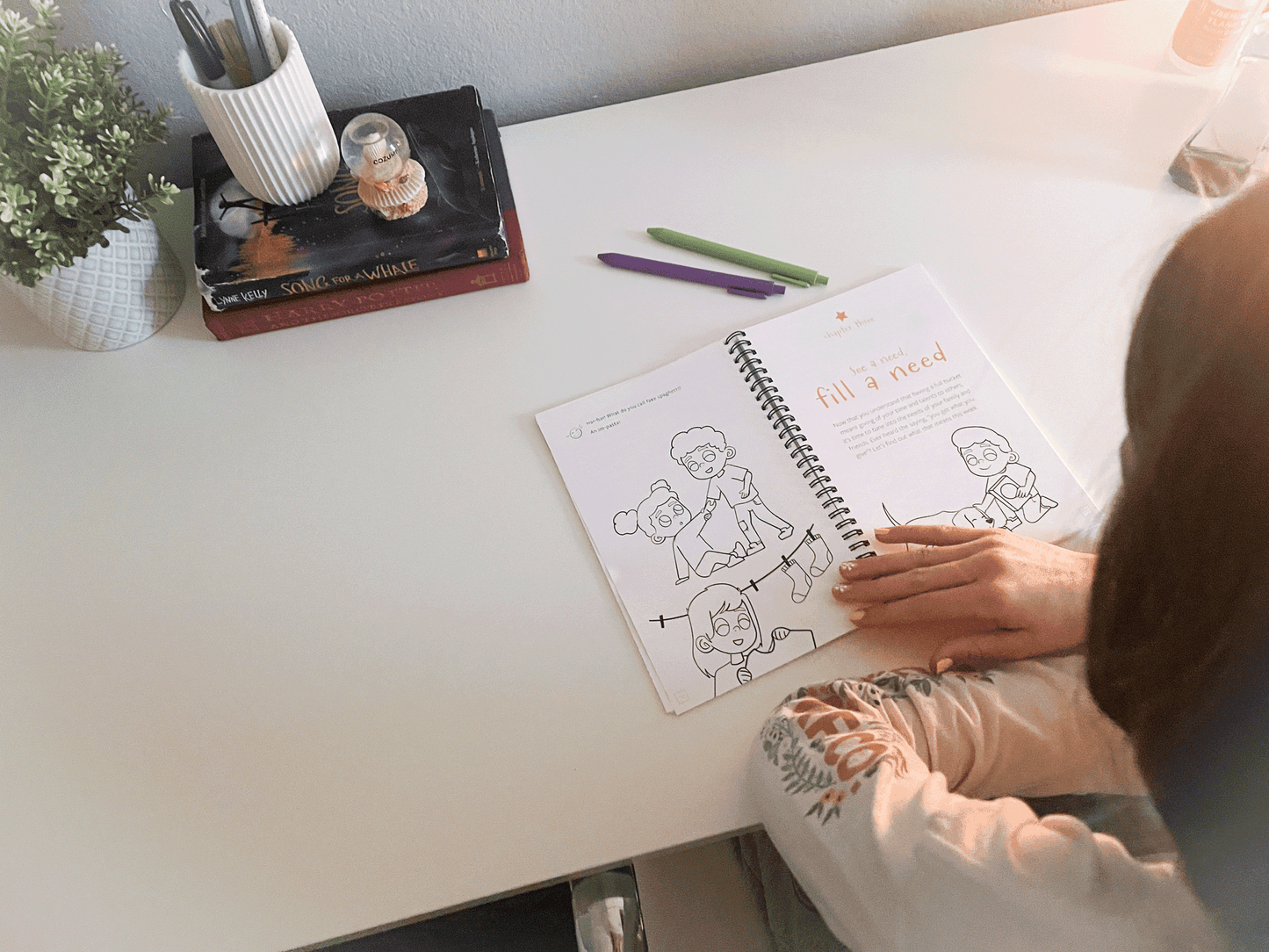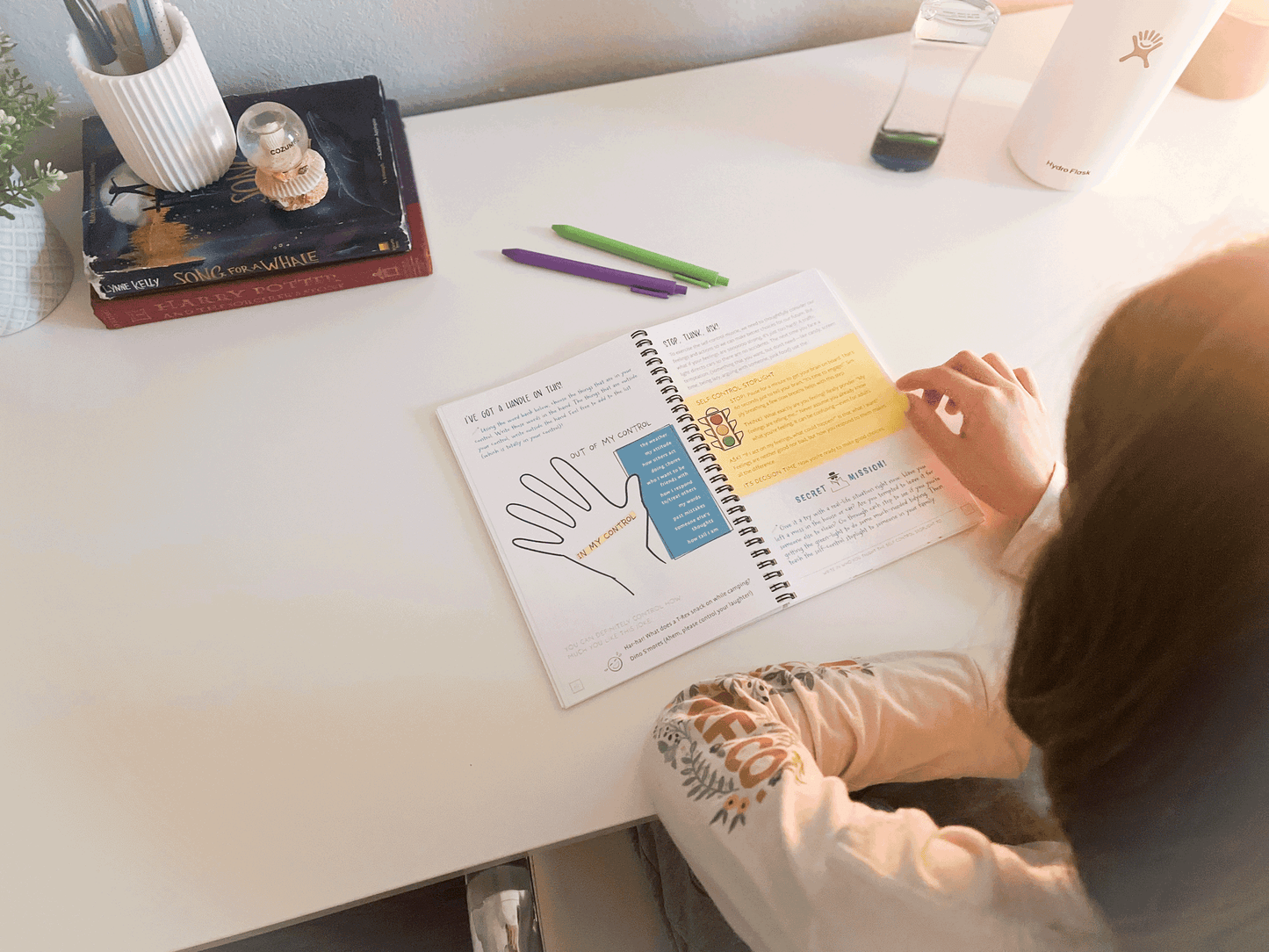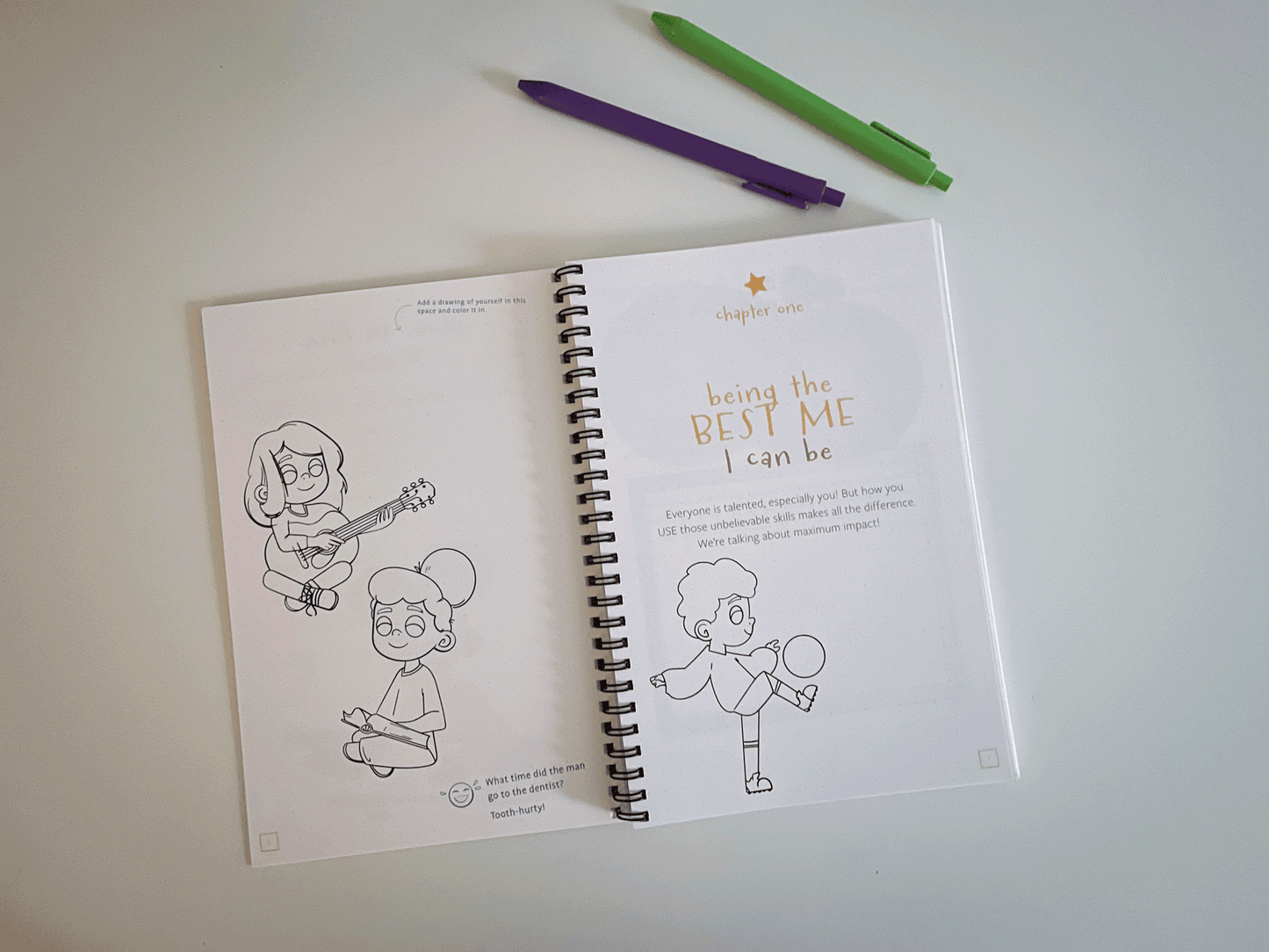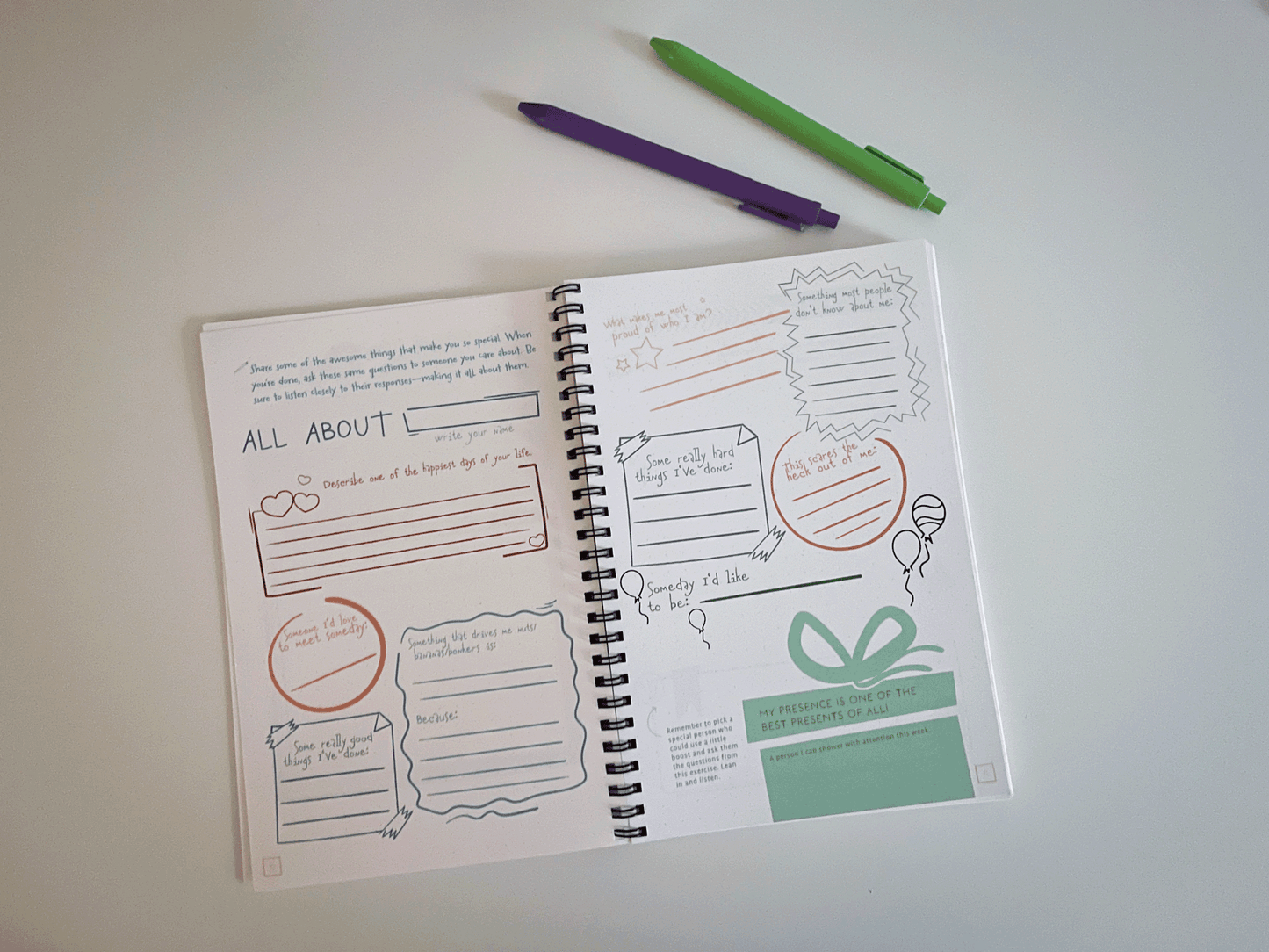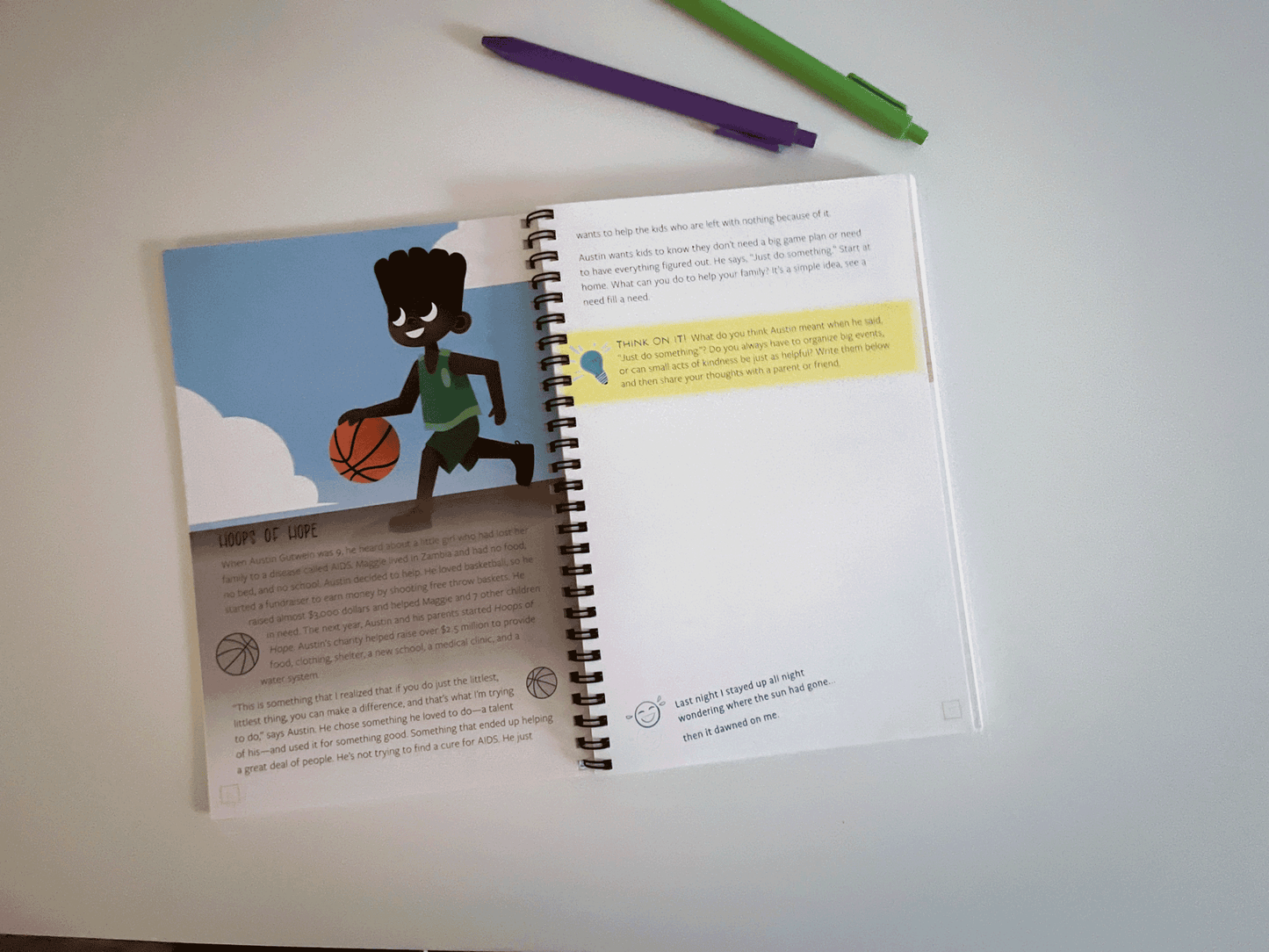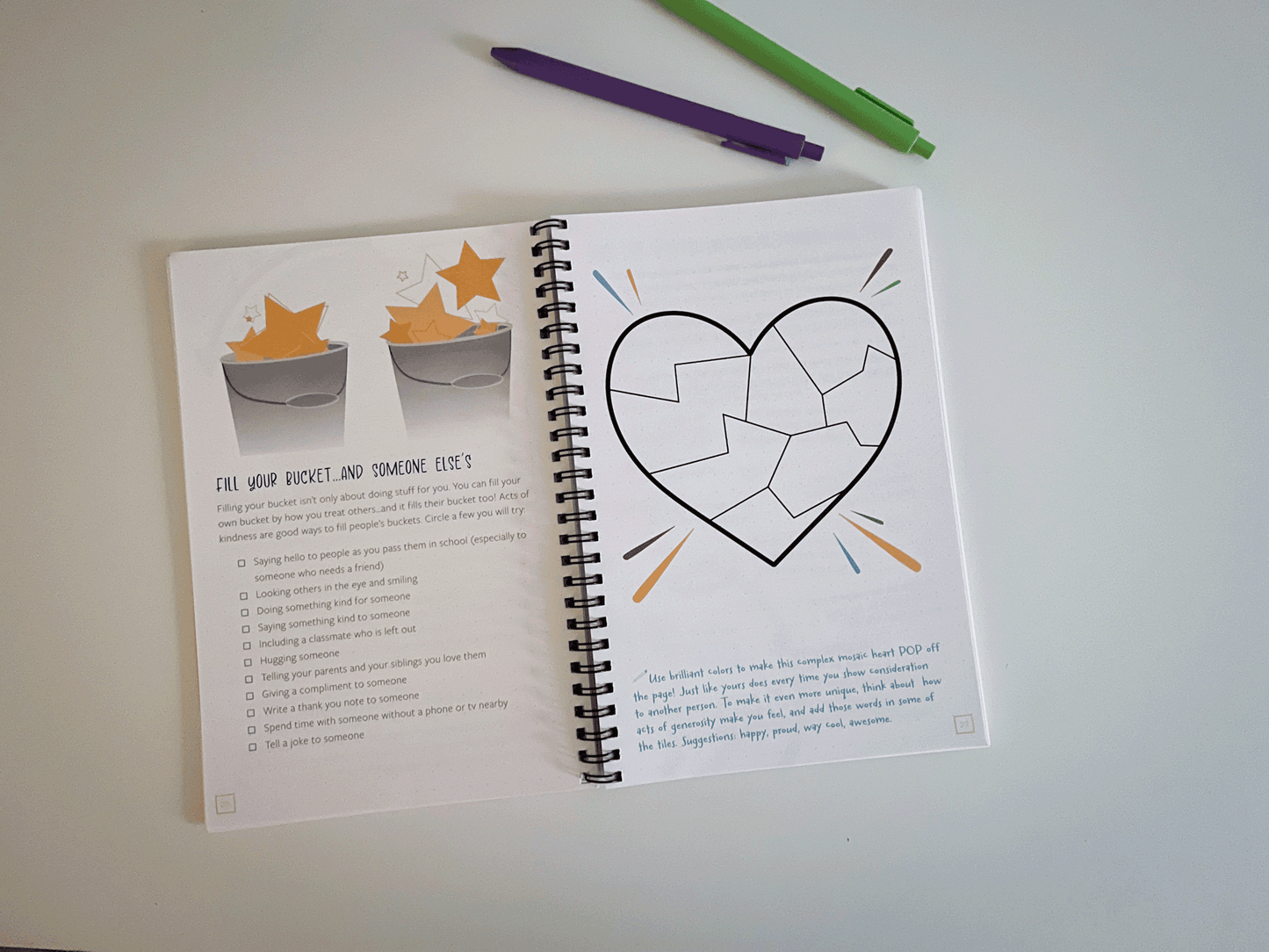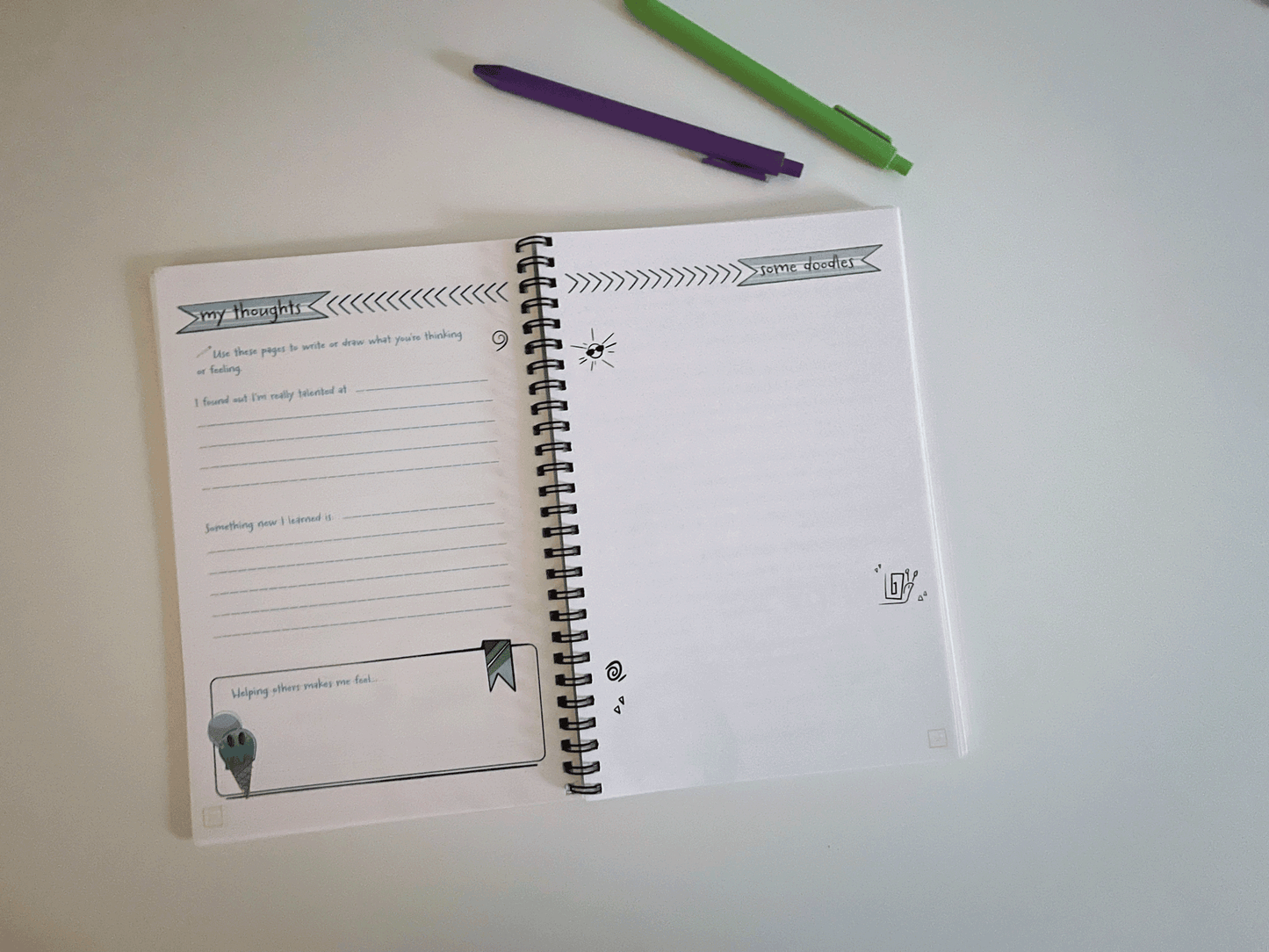The Heart of Justice
Antoinette Stein
History and folk lore are filled with the age-old story of justice. A hero risking everything to stand for what is right. These are the stories we read countless times to our bewildered children; the stories that inspire play and dreams. It’s not long before our houses are filled with caped heroes and accomplished princesses eager to vanquish their foe and save the day. While all this pretend play helps internalize social justice and emphasize fairness, it often lacks a key component of justice: compassion. It was compassion that motivated the adopted Egyptian prince to leave the palace and speak for the slaves. It was compassion that spurred William Wilberforce to abolish slavery and Theodore Roosevelt to break up cruel monopolies. And compassion is why Zeus was known as the avenger of the stranger. Compassion is the heart of true justice!
As I seek to instill a heart of justice into my children, I am teaching them far more than administering a punishment that fits the crime. I want them to be a voice for a voiceless, a doorway from underprivileged life to privilege, a defender of the weak, and honorable men who stand for good and live by their word. Developing compassion is an integral part of growing in justice. As Theodore Roosevelt said, “To educate a man in the mind and not in morals is to educate a menace to society.” Teaching our children to be just people requires intentionally pursuing opportunities to grow in compassion and restitution. Here are some ways we are training our kids.
Exposure.
As a parent wanting the best for my children it’s easy to expose them only to driven or like-minded people. Yet children are going to have a hard time seeing and addressing needs they are unaware of. By taking my children to a nursing home to deliver Valentine's, to businesses to spread holiday cheer for those working on Christmas, or to a shelter to give their toys to less fortunate kids, my children begin to recognize the needs of others. They also understand that their actions can brighten others’ day and bring joy. They are empowered to pursue true justice.
Empathy.
As my kids and I go about our daily tasks, we often encounter someone in need of empathy. I use these opportunities as teachable moments to model empathy and invite the children to offer assistance. This not only helps them recognize the feelings of others, but helps my children creatively address them in a safe manner and under the guidance of their loving adult. Now when they see a child crying at the library, they are quick to offer their toy or show the child his mother. Empathy helps them move toward justice by recognizing the feelings of others.
Boldness.
The path of justice is not always easy. Sometimes it requires making tough choices or standing where no one else will. Other times it is taking the time to recognize and praise the actions of others. It is a path of intentionally living out convictions in a humble manner.
Restitution.
We all make mistakes. We all loose our cool. So it comes as no surprise that at times my children struggle managing themselves. The question then becomes how do we handle these situations. Recently my husband and I introduced the concept of restitution. It is not enough to simply say sorry and move on. The children must try to repair the situation and restore the relationship.
Debriefing.
Once the kids and I have returned to a private place, we often debrief about our positive or challenging encounters. I begin by pointing out positive actions they chose. I then ask a wide variety of questions about the situation. This gives my kids a chance to reflect on not only their feelings and actions, but also the feelings and actions of others involved and to learn how to personalize their responses in a way that enhances dignity and respect of themselves and others.
Justice is a lifestyle that flows out of compassion and empathy. It is a choice not simply to follow the rules but to live honorably.



